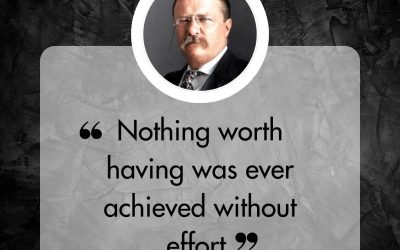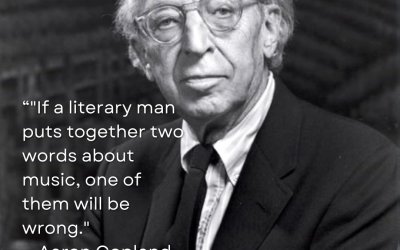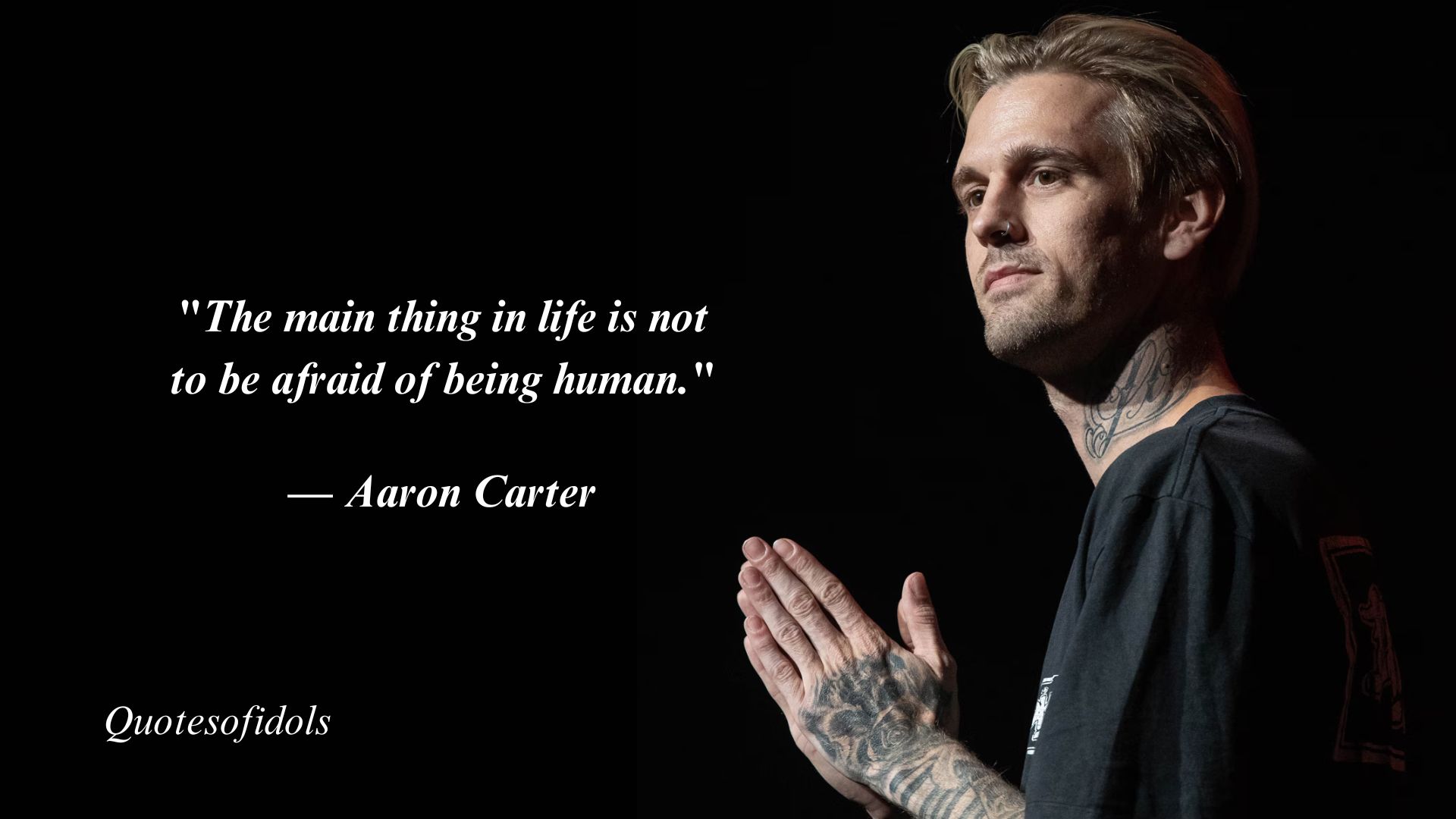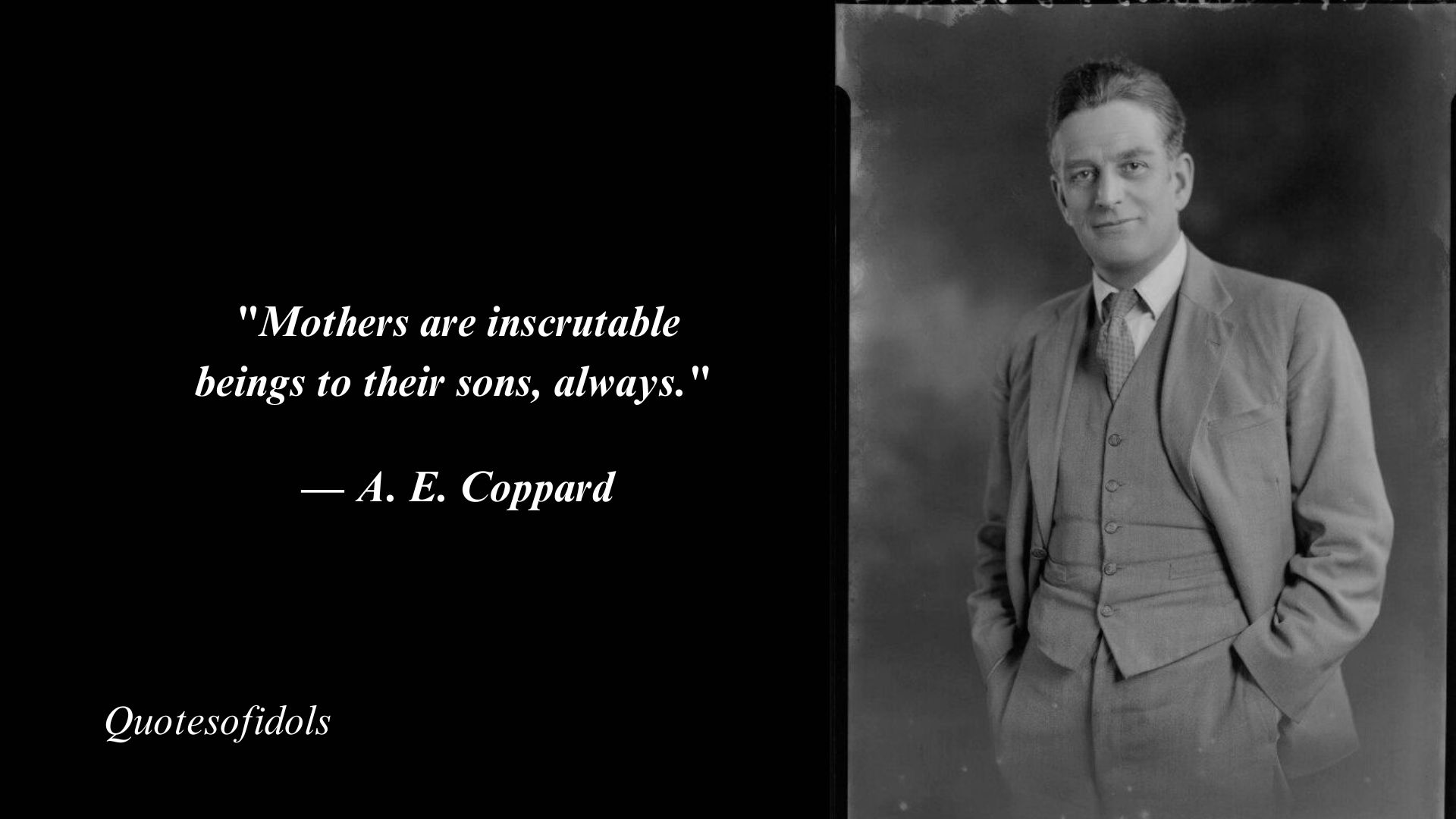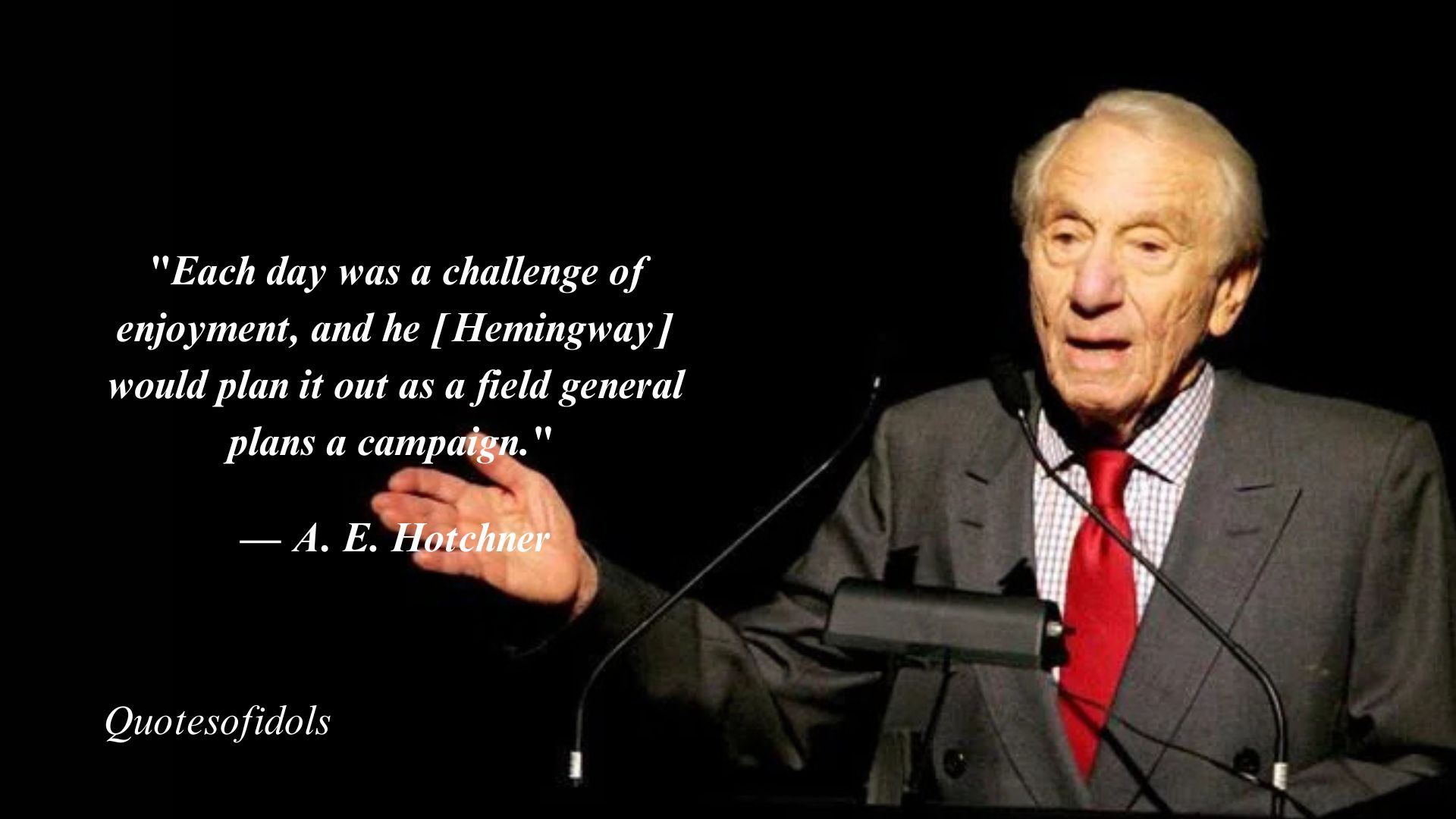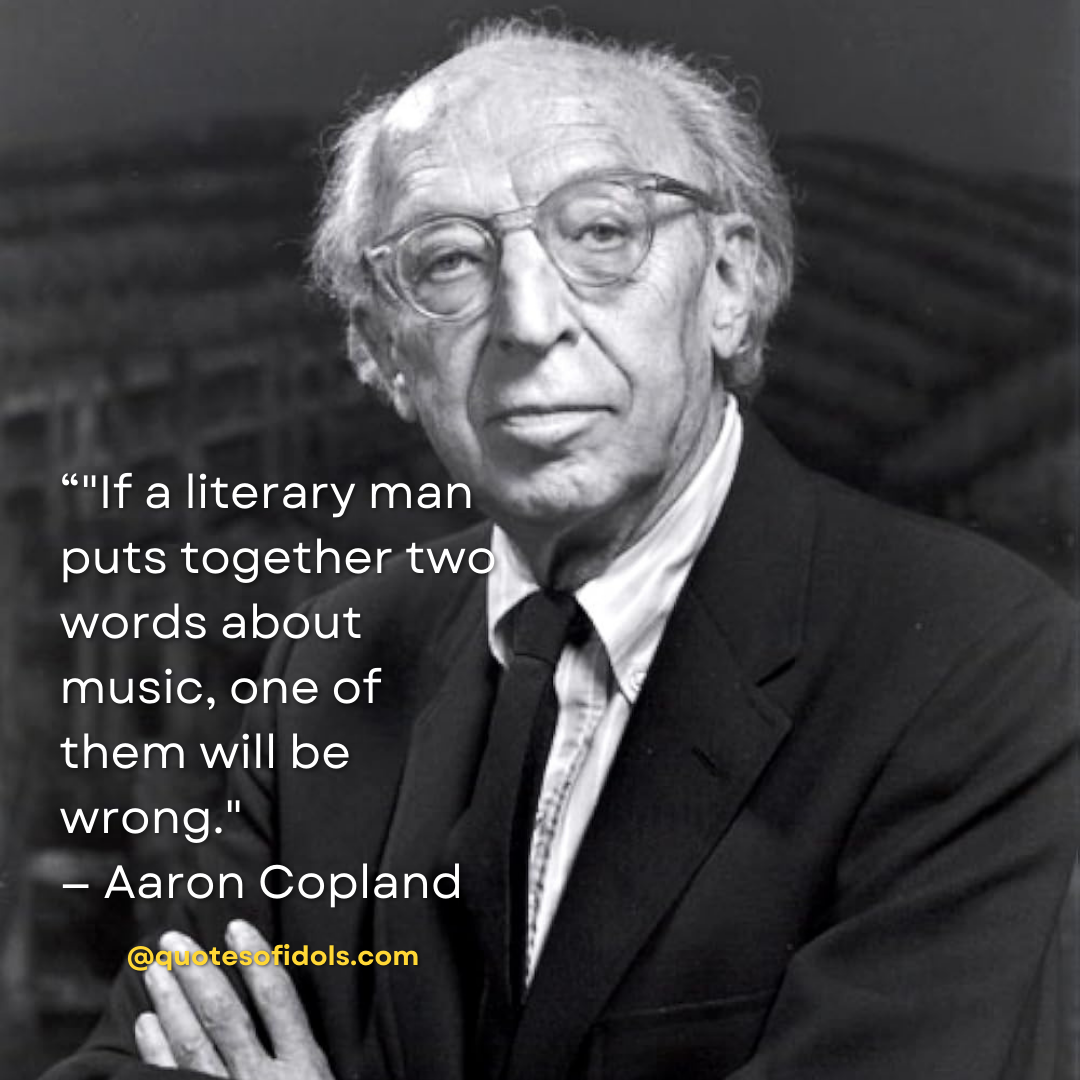Franz Kafka Quotes: Profound Reflections on Alienation, Anxiety, and the Human Condition
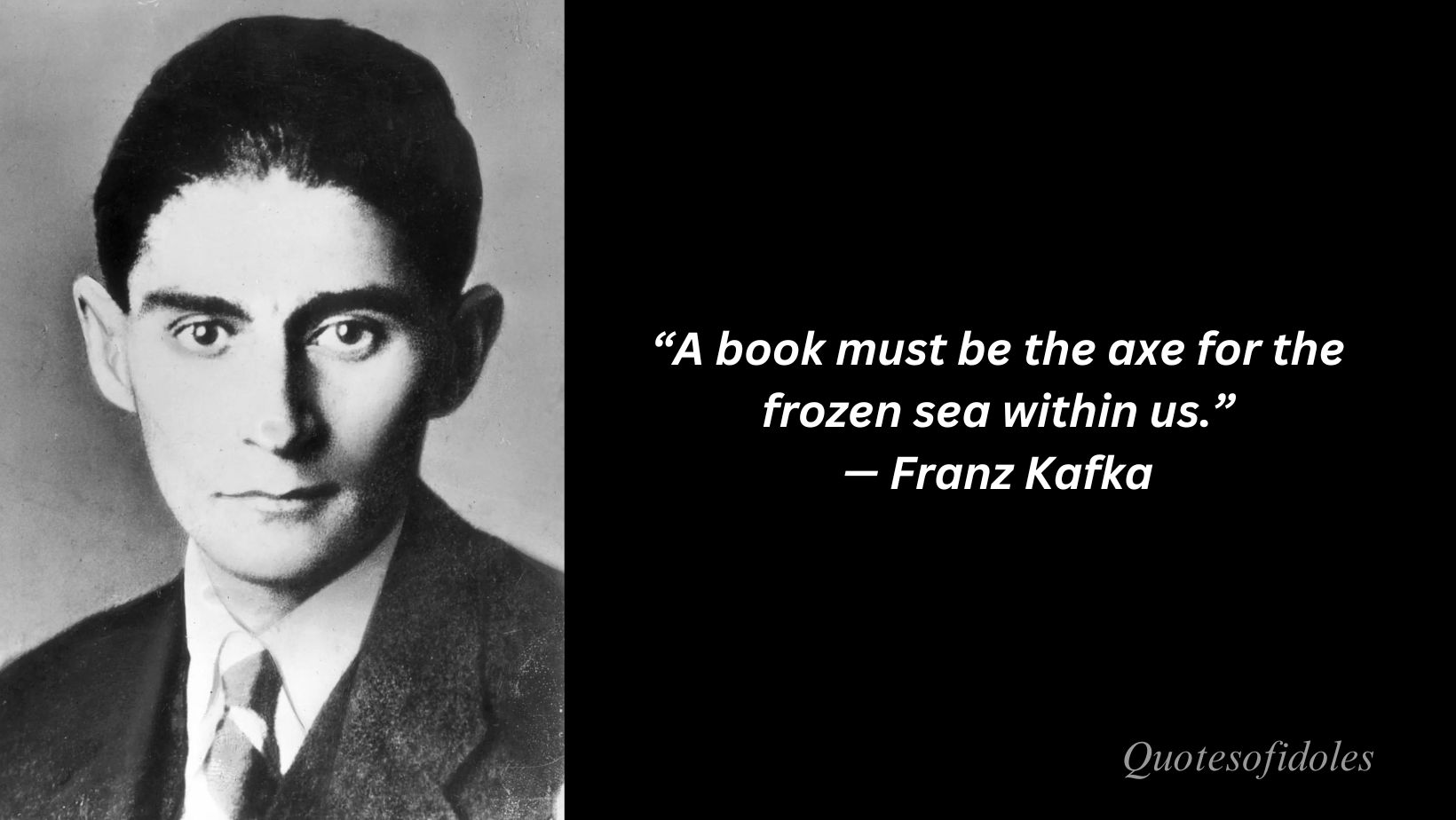
Deep and Thought-Provoking Quotes by Franz Kafka on Existence, Isolation, and the Human Condition
Franz Kafka was a German-speaking Bohemian Jewish novelist and short-story writer based in Prague, who is widely regarded as one of the major figures of 20th-century literature. His work fuses elements of realism and the fantastic.
Franz Kafka Quotes
1. “Paths are made by walking.”
— Franz Kafka
2. “I am free and that is why I am lost.”
— Franz Kafka
3. “A book must be the axe for the frozen sea within us.”
— Franz Kafka
4. “Don’t bend; don’t water it down; don’t try to make it logical; don’t edit your own soul according to the fashion. Rather, follow your most intense obsessions mercilessly.”
— Franz Kafka
5. “Evil is whatever distracts.”
— Franz Kafka
6. “There art two cardinal sins from which all others spring: Impatience and Laziness.”
— Franz Kafka
7. “Youth is happy because it has the capacity to see beauty. Anyone who keeps the ability to see beauty never grows old.”
— Franz Kafka
8. “Every thing that you love, you will eventually lose, but in the end, love will return in a different form.”
— Franz Kafka
9. “I am a cage, in search of a bird.”
— Franz Kafka
10. “You do not need to leave your room. Remain sitting at your table and listen. Do not even listen, simply wait, be quiet still and solitary. The world will freely offer itself to you to be unmasked, it has no choice, it will roll in ecstasy at your feet.”
— Franz Kafka
11. “Most men are not wicked. They are sleepwalkers, not evil evildoers.”
— Franz Kafka
12. “The meaning of life is that it stops.”
— Franz Kafka
13. “Many a book is like a key to unknown chambers within the castle of one’s own self.”
— Franz Kafka
14. “Now I can look at you in peace; I don’t eat you any more.”
— Franz Kafka
15. “A non-writing writer is a monster courting insanity.”
— Franz Kafka
16. “Follow your most intense obsessions mercilessly.”
— Franz Kafka
17. “Slept, awoke, slept, awoke, miserable life.”
— Franz Kafka
18. “I have spent all my life resisting the desire to end it.”
— Franz Kafka
19. “I lack nothing. I only needed myself.”
— Franz Kafka
20. “I cannot make you understand. I cannot make anyone understand what is happening inside me. I cannot even explain it to myself.”
— Franz Kafka
21. “Better to have, and not need, than to need, and not have.”
— Franz Kafka
22. “I miss you deeply, unfathomably, senselessly, terribly.”
— Franz Kafka
23. “If you find someone who makes you smile, who checks up on you often to see if you’re okay. Who watches out or you and wants the best for you. Who loves and respects you. Don’t let them go. People like that are hard to find.”
— Franz Kafka
24. “If the literature we are reading does not wake us, why then do we read it? A literary work must be an ice-axe to break the sea frozen inside us.”
— Franz Kafka
25. “Start with what is right rather than what is acceptable.”
— Franz Kafka
26. “I never wish to be easily defined.”
— Franz Kafka
27. “All that you are seeking is also seeking you.”
— Franz Kafka
28. “Isolation is a way to know ourselves.”
— Franz Kafka
29. “There are times when I am convinced I am unfit for any human relationship.”
— Franz Kafka
30. “I no longer know If I wish to drown myself in love, vodka or the sea.”
— Franz Kafka
31. “By believing passionately in something that still does not exist, we create it. The nonexistent is whatever we have not sufficiently desired.”
— Franz Kafka
32. “I’m tired, can’t think of anything and want only to lay my face in your lap, feel your hand on my head and remain like that through all eternity.”
— Franz Kafka
33. “I usually solve problems by letting them devour me.”
— Franz Kafka
34. “Do not waste your time looking for an obstacle – maybe there is none.”
— Franz Kafka
35. “I think we ought to read only the kind of books that wound and stab us.”
— Franz Kafka
36. “A lawyer is a person who writes a 10,000-word document and calls it a “brief.””
— Franz Kafka
37. “I can love only what I can place so high above me that I cannot reach it.”
— Franz Kafka
38. “From a certain point onward there is no longer any turning back. That is the point that must be reached.”
— Franz Kafka
39. “All language is but a poor translation.”
— Franz Kafka
40. “Love is a drama of contradictions.”
— Franz Kafka
41. “A first sign of the beginning of understanding is the wish to die.”
— Franz Kafka
42. “God gives the nuts, but he does not crack them.”
— Franz Kafka
43. “Some books seem like a key to unfamiliar rooms in one’s own castle.”
— Franz Kafka
44. “Productivity is being able to do things that you were never able to do before.”
— Franz Kafka
45. “In the fight between you and the world, back the world.”
— Franz Kafka
46. “What if I slept a little more and forgot about all this nonsense.”
— Franz Kafka
47. “I never wish to be easily defined. I’d rather float over other people’s minds as something strictly fluid and non-perceivable; more like a transparent, paradoxically iridescent creature rather than an actual person.”
— Franz Kafka
48. “A book should serve as an axe to the ice inside us.”
— Franz Kafka
49. “So long as you have food in your mouth, you have solved all questions for the time being.”
— Franz Kafka
50. “We need the books that affect us like a disaster, that grieve us deeply, like the death of someone we loved more than ourselves, like being banished into forests far from everyone, like a suicide. A book must be the axe for the frozen sea inside us.”
— Franz Kafka
51. “I have the true feeling of myself only when I am unbearably unhappy.”
— Franz Kafka
52. “First impressions are always unreliable.”
— Franz Kafka
53. “He who seeks does not find, but he who does not seek will be found.”
— Franz Kafka
54. “In man’s struggle against the world, bet on the world.”
— Franz Kafka
55. “If you become involved with me, you will be throwing yourself into the abyss.”
— Franz Kafka
56. “I need solitude for my writing; not ‘like a hermit’ – that wouldn’t be enough – but like a dead man.”
— Franz Kafka
57. “As Gregor Samsa awoke one morning from uneasy dreams he found himself transformed in his bed into a gigantic insect.”
— Franz Kafka
58. “The man in ecstasy and the man drowning: both raise their arms.”
— Franz Kafka
59. “One idiot is one idiot. Two idiots are two idiots. Ten thousand idiots are a political party.”
— Franz Kafka
60. “I am in chains. Don’t touch my chains.”
— Franz Kafka
61. “I am more uncertain than I ever was; I feel only the power of life. And I am senselessly empty.”
— Franz Kafka
62. “Every revolution evaporates and leaves behind only the slime of a new bureaucracy.”
— Franz Kafka
63. “You can hold yourself back from the sufferings of the world, that is something you are free to do and it accords with your nature, but perhaps this very holding back is the one suffering you could avoid.”
— Franz Kafka
64. “All human errors are impatience, a premature breaking off of methodical procedure, an apparent fencing-in of what is apparently at issue.”
— Franz Kafka
65. “If the book we are reading does not wake us, as with a fist hammering on our skull, why then do we read it?”
— Franz Kafka
66. “To write prescriptions is easy, but to come to an understanding with people is hard.”
— Franz Kafka
67. “Writing means revealing oneself to excess.”
— Franz Kafka
68. “Simply wait, be quiet, still The world will freely offer itself to you.”
— Franz Kafka
69. “The Fathers of the Church were not afraid to go out into the desert because they had a richness in their hearts. But we, with richness all around us, are afraid, because the desert is in our hearts.”
— Franz Kafka
70. “One advantage in keeping a diary is that you become aware with reassuring clarity of the changes which you constantly suffer.”
— Franz Kafka
71. “Suffering is the positive element in this world, indeed it is the only link between this world and the positive.”
— Franz Kafka
72. “We were expelled from Paradise, but it was not destroyed. The expulsion from Paradise was in one sense a piece of good fortune, for if we had not been expelled, Paradise would have had to be destroyed.”
— Franz Kafka
73. “The thornbush is the old obstacle in the road. It must catch fire if you want to go further.”
— Franz Kafka
74. “One reads in order to ask questions.”
— Franz Kafka
75. “Hold fast to the diary from today on! Write regularly! Don’t surrender! Even if no salvation should come, I want to be worthy of it every moment.”
— Franz Kafka
76. “The truth is always an abyss. One must – as in a swimming pool – dare to dive from the quivering springboard of trivial everyday experience and sink into the depths, in order to later rise again – laughing and fighting for breath – to the now doubly illuminated surface of things.”
— Franz Kafka
77. “We are separated from God on two sides; the Fall separates us from Him, the Tree of Life separates Him from us.”
— Franz Kafka
78. “No one can crave what truly harms him.”
— Franz Kafka
79. “I was ashamed of myself when I realised life was a costume party and I attended with my real face.”
— Franz Kafka
80. “Believing in progress does not mean believing that any progress has yet been made.”
— Franz Kafka
81. “Logic may indeed be unshakeable, but it cannot withstand a man who is determined to live.”
— Franz Kafka
82. “The mediation by the serpent was necessary. Evil can seduce man, but cannot become man.”
— Franz Kafka
83. “Picasso only registers the deformities which have not yet penetrated our consciousness. Art is a mirror which goes ‘fast’ like a watch – sometimes.”
— Franz Kafka
84. “You are so vulnerably haunting. Your eeriness is terrifyingly irresistible.”
— Franz Kafka
85. “Evil is the radiation of the human consciousness in certain transitional positions. It is not actually the sensual world that is amere appearance; what is so is the evil of it, which, admittedly, is what constitutes the sensual world in our eyes.”
— Franz Kafka
86. “Not everyone can see the truth, but he can be it.”
— Franz Kafka
87. “Every dog has like me the impulse to question, and I have like every dog the impulse not to answer.”
— Franz Kafka
88. “The dream reveals the reality which conception lags behind. That is the horror of life-the terror of art.”
— Franz Kafka
89. “Celibacy and suicide are a similar levels of understanding, suicide and a martyr’s death not so by any means, perhaps marriage and a martyr’s death.”
— Franz Kafka
90. “Tyranny or slavery, born of selfishness, are the two educational methods of parents; all gradations of tyranny or slavery.”
— Franz Kafka
91. “How pathetically scanty my self-knowledge is compared with, say, my knowledge of my room. There is no such thing as observation of the inner world, as there is of the outer world.”
— Franz Kafka
92. “Death confronts us not unlike the historical battle scene that hangs on the wall of the classroom. It is our task to obscure or quite obliterate the picture by our deeds while we are still in this world.”
— Franz Kafka
93. “It would have been so pointless to kill himself that, even if he had wanted to, the pointlessness would have made him unable.”
— Franz Kafka
94. “Life is merely terrible; I feel it as few others do. Often – and in my inmost self perhaps all the time – I doubt whether I am a human being.”
— Franz Kafka
95. “The person I am in the company of my sisters has been entirely different from the person I am in the company of other people. Fearless, powerful, surprising, moved as I otherwise am only when I write.”
— Franz Kafka
96. “There are questions we could not get past if we were not set free from them by our very nature.”
— Franz Kafka
97. “There is nothing besides a spiritual world; what we call the world of the senses is the Evil in the spiritual world, and what we call Evil is only the necessity of a moment in our eternal evolution.”
— Franz Kafka
98. “Writing is utter solitude, the descent into the cold abyss of oneself.”
— Franz Kafka
99. “I believe that we should only read those books that bite and sting us. If a book does not rouse us with a blow then why read it?”
— Franz Kafka
100. “Love is, that you are the knife which I plunge into myself.”
— Franz Kafka
101. “Either the world is so tiny or we are enormous; in either case, we fill it completely.”
— Franz Kafka
102. “For everything outside the phenomenal world, language can only be used allusively, but never even approximately in a comparative way, since, corresponding as it does to the phenomenal world, it is concerned only with property and its relations.”
— Franz Kafka
103. “The spirit becomes free only when it ceases to be a support.”
— Franz Kafka
104. “All knowledge, the totality of all questions and answers, is contained in the dog.”
— Franz Kafka
105. “This noble body, equipped with everything necessary, almost to the point of bursting, also appeared to carry freedom around with it.”
— Franz Kafka
106. “You are at once both the quiet and the confusion of my heart.”
— Franz Kafka
107. “What am I doing here in this endless winter?”
— Franz Kafka
108. “Don Quixote’s misfortune is not his imagination, but Sancho Panza.”
— Franz Kafka
109. “To every instant there is a correspondence in something outside time. This world here and now cannot be followed by a Beyond, for the Beyond is eternal, hence it cannot be in temporal contact with this world here and now.”
— Franz Kafka
110. “He is terribly afraid of dying because he hasn’t yet lived.”
— Franz Kafka
111. “In a way, you are poetry material; You are full of cloudy subtleties I am willing to spend a lifetime figuring out. Words burst in your essence and you carry their dust in the pores of your ethereal individuality.”
— Franz Kafka
112. “I write differently from what I speak, I speak differently from what I think, I think differently from the way I ought to think, and so it all proceeds into deepest darkness.”
— Franz Kafka
113. “It isn’t necessary that you leave home. Sit at your desk and listen. Don’t even listen, just wait. Don’t wait, be still and alone. The whole world will offer itself to you.”
— Franz Kafka
114. “Writing is prayer.”
— Franz Kafka
115. “I don’t feel particularly proud of myself. But when I walk alone in the woods or lie in the meadows, all is well.”
— Franz Kafka
116. “The Messiah will only come when he is no longer needed.”
— Franz Kafka
117. “I do not see the world at all; I invent it.”
— Franz Kafka
118. “Anybody who preserves the ability to recognize beauty will never get old.”
— Franz Kafka
119. “We live in an age which is so possessed by demons, that soon we shall only be able to do goodness and justice in the deepest secrecy, as if it were a crime.”
— Franz Kafka
120. “This tremendous world I have inside of me. How to free myself, and this world, without tearing myself to pieces. And rather tear myself to a thousand pieces than be buried with this world within me.”
— Franz Kafka
121. “I see, these books are probably law books, and it is an essential part of the justice dispensed here that you should be condemned not only in innocence but also in ignorance.”
— Franz Kafka
122. “Only the moment counts. It determines life.”
— Franz Kafka
123. “Someone must have slandered Josef K., for one morning, without having done anything truly wrong, he was arrested.”
— Franz Kafka
124. “It is often safer to be in chains than to be free.”
— Franz Kafka
125. “Kill me, or you are a murderer.”
— Franz Kafka
126. “My ‘fear’ is my substance, and probably the best part of me.”
— Franz Kafka
127. “I am a retiring, silent, unsociable, and discontent person.”
— Franz Kafka
128. “The truth is always an abyss.”
— Franz Kafka
129. “The cruelty of death lies in the fact that it brings the real sorrow of the end, but not the end. The greatest cruelty of death: an apparent end causes a real sorrow. Our salvation is death, but not this one.”
— Franz Kafka
130. “All I am is literature, and I am not able or willing to be anything else.”
— Franz Kafka
131. “I do not speak as I think, I do not think as I should, and so it all goes on in helpless darkness.”
— Franz Kafka
132. “I answer one of your letters, then lie in bed in apparent calm, but my heart beats through my entire body and is conscious only of you. I belong to you; there is really no other way of expressing it, and that is not strong enough.”
— Franz Kafka
133. “Some deny the existence of misery by pointing to the sun; he denies the existence of the sun by pointing to misery.”
— Franz Kafka
134. “Writing is a deeper sleep than death. Just as one wouldn’t pull a corpse from its grave, I can’t be dragged from my desk at night.”
— Franz Kafka
135. “I am too tired, I must try to rest and sleep, otherwise I am lost in every respect. What an effort to keep alive! Erecting a monument does not require an expenditure of so much strength.”
— Franz Kafka
136. “Dread of night. Dread of not-night.”
— Franz Kafka
137. “Work as joy, inaccessible to the psychologists.”
— Franz Kafka
138. “Why do we complain about the Fall? It is not on its account that we were expelled from Paradise, but on account of the Tree of Life, lest we might eat of it.”
— Franz Kafka
139. “Don’t be too optimistic, the light at the end of the tunnel might be a train.”
— Franz Kafka
140. “The more horses you yoke the quicker everything will go – not the rending of the block from its foundation, which is impossible, but the snapping of the traces and with that the gay and empty journey.”
— Franz Kafka
141. “That’s how it will be, except that in reality, both today and later, one will stand there with a palpable body and a real head, a real forehead, that is, for smiting on with one’s hand.”
— Franz Kafka
142. “In a certain sense the Good is comfortless.”
— Franz Kafka
143. “Art is for the artist is only suffering through which he releases himself for further suffering.”
— Franz Kafka
144. “There are only two things. Truth and lies. Truth is indivisible, hence it cannot recognize itself; anyone who wants to recognize it has to be a lie.”
— Franz Kafka
145. “You can choose to be free, but it’s last decision you’ll ever make.”
— Franz Kafka
146. “Please – consider me a dream.”
— Franz Kafka
147. “Last night I dreamed about you. What happened in detail I can hardly remember, all I know is that we kept merging into one another. I was you, you were me. Finally you somehow caught fire.”
— Franz Kafka
148. “If I shall exist eternally, how shall I exist tomorrow?”
— Franz Kafka
149. “The indestructible is one: it is each individual human being and, at the same time, it is common to all, hence the incomparably indivisible union that exists between human beings.”
— Franz Kafka
150. “The right understanding of any matter and a misunderstanding of the same matter do not wholly exclude each other.”
— Franz Kafka
151. “One day, a leopard stalked into the synagogue, roaring and lashing its tail. Three weeks later, it had become part of the liturgy.”
— Franz Kafka
152. “No sooner said than done – so acts your man of worth.”
— Franz Kafka
153. “You are the knife I turn inside myself; that is love. That, my dear, is love.”
— Franz Kafka
154. “Religions get lost as people do.”
— Franz Kafka
155. “The door could not be heard slamming; they had probably left it open, as is the custom in homes where a great misfortune has occurred.”
— Franz Kafka
156. “Sensual love deceives one as to the nature of heavenly love; it could not do so alone, but since it unconsciously has the element of heavenly love within it, it can do so.”
— Franz Kafka
157. “Association with human beings lures one into self-observation.”
— Franz Kafka
158. “The purpose of a story is to be an axe that breaks up the ice within us.”
— Franz Kafka
159. “He who does not answer the questions has passed the test.”
— Franz Kafka
160. “Every thing you love is very likely to be lost, but in the end, love will return in a different way.”
— Franz Kafka
161. “The crows maintain that a single crow could destroy the heavens. There is no doubt of that, but it proves nothing against the heavens, for heaven simply means: the impossibility of crows.”
— Franz Kafka
162. “I dream of a grave, deep and narrow, where we could clasp each other in our arms as with clamps, and I would hide my face in you and you would hide your face in me, and nobody would ever see us any more.”
— Franz Kafka
163. “It’s only because of their stupidity that they’re able to be so sure of themselves.”
— Franz Kafka
164. “Man cannot live without a continuous confidence in something indestructible within himself.”
— Franz Kafka
165. “The limited circle is pure.”
— Franz Kafka
166. “April 27. Incapable of living with people, of speaking. Complete immersion in myself, thinking of myself. Apathetic, witless, fearful. I have nothing to say to anyone – never.”
— Franz Kafka
167. “What is meant by its nature for the highest and the best, spreads among the lowly people.”
— Franz Kafka
168. “Was he an animal, that music could move him so? He felt as if the way to the unknown nourishment he longed for were coming to light.”
— Franz Kafka
169. “There is a goal but no way; what we call the way is mere wavering.”
— Franz Kafka
170. “Should I be grateful or should I curse the fact that despite all misfortune I can still feel love, an unearthly love but still for earthly objects.”
— Franz Kafka
171. “The Messiah will come only when he is no longer necessary, he will come only one day after his arrival, he will not come on the last day, but on the last day of all.”
— Franz Kafka
172. “Don’t despair, not even over the fact that you don’t despair.”
— Franz Kafka
173. “You see, I have only such a fugitive awareness of things around me that I always feel they were once real and are now fleeting away.”
— Franz Kafka
174. “Oh, plenty of hope, an infinite amount of hope – but not for us.”
— Franz Kafka
175. “In the struggle between yourself and the world, hold the world’s coat.”
— Franz Kafka
176. “Ours is a lost generation, it may be, but it is more blameless than those earlier generations.”
— Franz Kafka
177. “The state we find ourselves in is sinful quite independent of guilt.”
— Franz Kafka
178. “I wanted to escape the unrest, to shut out the voices around me and within me, so I write.”
— Franz Kafka
179. “Just because your doctor has a name for your condition, doesn’t mean he knows what it is.”
— Franz Kafka
180. “If something good has lost its way into you, it will make its escape overnight. I know you.”
— Franz Kafka
181. “He is a free and secure citizen of the world because he is on a chain that is long enough to allow him access to all parts of the earth, and yet not so long that he could be swept over the edge of it.”
— Franz Kafka
182. “There will be no proof that I ever was a writer.”
— Franz Kafka
183. “ALAS,” said the mouse, “the world is growing smaller every day. At the beginning it was so big that I was afraid, I kept running and running, and I was glad when at last I saw walls far away to the right and left, but these long walls have narrowed so quickly that I am in the last chamber already, and there in the corner stands the trap that I must run into.” “You only need to change your direction,” said the cat, and ate it up. Translated.”
— Franz Kafka
184. “You belong to me, even if I should never see you again.”
— Franz Kafka
185. “O God,” he thought, “what a demanding job I’ve chosen! Day in, day out on the road. The stresses of trade are much greater than the work going on at head office, and, in addition to that, I have to deal with the problems of traveling, the worries about train connections, irregular bad food, temporary and constantly changing human relationships which never come from the heart. To hell with it all!”
— Franz Kafka
186. “I am not well; I could have built the Pyramids with the effort it takes me to cling on to life and reason.”
— Franz Kafka
187. “Nothing is as deceptive as a photograph.”
— Franz Kafka
188. “He was a tool of the boss, without brains or backbone.”
— Franz Kafka
189. “You misinterpret everything, even the silence.”
— Franz Kafka
190. “This inescapable duty to observe oneself: if someone else is observing me, naturally I have to observe myself too; if none observe me, I have to observe myself all the closer.”
— Franz Kafka
191. “I’m doing badly, I’m doing well; whichever you prefer.”
— Franz Kafka
192. “Anyone who keeps the ability to see beauty never grows old.”
— Franz Kafka
193. “Time is short, my strength is limited, the office is a horror, the apartment is noisy, and if a pleasant, straightforward life is not possible, then one must try to wriggle through by subtle manoeuvres.”
— Franz Kafka
194. “We photograph things in order to drive them out of our minds. My stories are a way of shutting my eyes.”
— Franz Kafka
195. “The tremendous world I have inside my head. But how free myself and free it without being torn to pieces. And a thousand times rather be torn to pieces than retain it in me or bury it. That, indeed, is why I am here, that is quite clear to me.”
— Franz Kafka
196. “But what shall I do when instead of a heart this fear is beating in my body?”
— Franz Kafka
197. “Written kisses never arrive at their destination; the ghosts drink them up along the way.”
— Franz Kafka
198. “My guiding principle is this: Guilt is never to be doubted.”
— Franz Kafka
199. “Anyone who believes cannot experience miracles. By day one does not see any stars. Anyone who does miracles says: I cannot let goof the earth.”
— Franz Kafka
200. “I am always trying to convey something that can’t be conveyed, to explain something which is inexplicable, to tell about something I have in my bones, something which can be expressed only in the bones.”
— Franz Kafka
